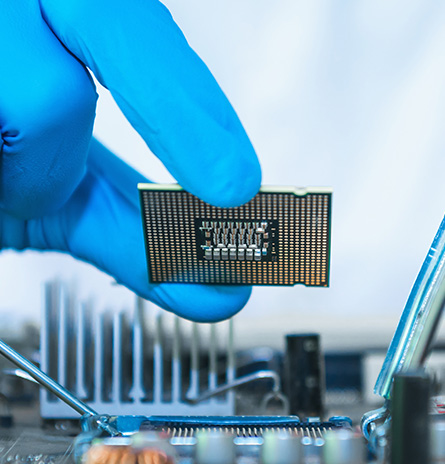EV Charger
Combining USB charging capabilities with EV charging stations can offer added convenience and utility for users, especially in scenarios where users need to wait for their electric vehicles to be charged. Here are a few ways whereby USB functionality can enhance EV charging stations:
-
- Information and Entertainment
EV charging stations can incorporate interactive displays or screens powered by USB connections, providing users with information on charging progress, nearby amenities, local attractions, or even entertainment options such as streaming services or interactive games.
-
- Payment and Authentication
USB ports can facilitate payment and authentication processes at EV charging stations. For example, users might be able to swipe a payment card or authenticate their identity using a USB-connected device such as a smartphone or RFID card to initiate and authorize the charging session.
-
- Data Logging and Analytics
USB connections can enable the collection of data from EV charging sessions, such as energy consumption, charging duration and user demographics. This information could be valuable for optimizing charging station performance, identifying usage patterns and improving overall service quality.
By integrating USB functionality into EV charging stations, operators can enhance the user experience, increase engagement and provide additional value-added services to electric vehicle owners. However, it’s essential to consider factors such as security, data privacy and compatibility with various devices when implementing USB features in charging infrastructure.

The FT4232H can be used in EV charging stations to gather data from EV station’s various sensors and send out status reports via LTE and WIFI.
Features and Specifications of FT4232H
-
- Single chip USB to quad serial ports with a variety of configurations.
- Entire USB protocol handled on the chip. No USB specific firmware programming required.
- USB 2.0 High Speed (480Mbits/Second) and Full Speed (12Mbits/Second) compatible.
- Dual Multi-Protocol Synchronous Serial Engine (MPSSE) to simplify synchronous serial protocol (USB to JTAG, I2C, SPI or bit-bang) design.
- Independent Baud rate generators.
- RS232/RS422/RS485 UART transfer data rate up to 12Mbaud. (RS232 data rate limited by external level shifter).
- Enhanced bit-bang mode interface option with RD# and WR# strobes.
- Asynchronous serial UART interface option with full hardware handshaking and modem interface signals.
- Fully assisted hardware or X-On / X-Off software handshaking.
- UART Interface supports 7/8-bit data, 1/2 stop bits, and Odd/Even/Mark/Space/No Parity.
Here is a simple block diagram of how the FT4232H can used with the EV charger’s wireless interface:

Recommended ICs:







